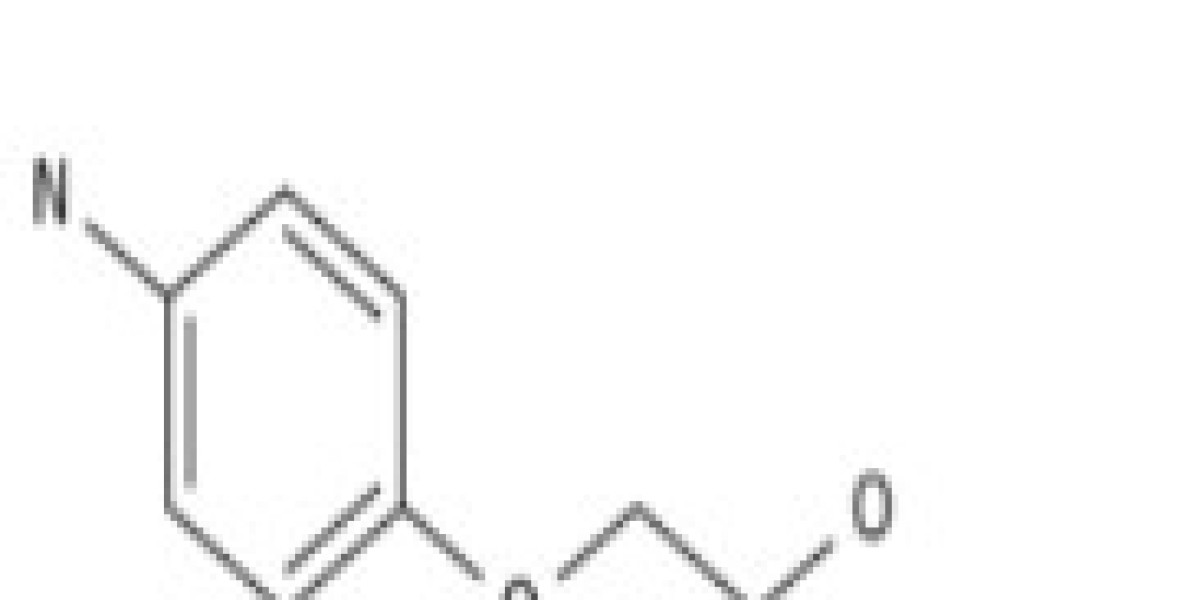Application of Xanthan Gum in the Japanese Chemical Industry
Application in the cosmetics industry
The most important use of xanthan gum in the cosmetics industry is for toothpaste. Its excellent shear-thinning flow behavior makes it easy for toothpaste to be extruded from the tube and pumped for packaging.
Xanthan gum is an excellent binder for all types of toothpaste, It is easy to hydrate and has excellent enzyme stability to produce uniform and stable products and to improve the product's elongation into strips. Xanthan gum provides excellent stability for skin care creams and lotions.
The high viscosity of xanthan gum when standing still is beneficial for the stability of evenly dispersed oil phases in personal care products, while the shear-thinning properties during wiping provide good lubrication and skin toning effects.
Antioxidant ascorbic acid is commonly used in skincare cosmetics because it can promote collagen synthesis, prevent aging, reduce fine lines, and lighten melanin. However, to transport the active ingredients to specific locations, a suitable transport system must be selected. At this time, adding a small amount of xanthan gum as a thickener to the O/W microemulsion system can have a good effect.
Xanthan gum can also be used as a sunscreen in sunscreen skincare products to protect the skin from UV damage. In addition, xanthan gum can also be used as a thickener in whitening cosmetics under low pH and high electrolyte conditions.
Xanthan gum used in eye shadow can make eye shadow have a fluid structure and good stability. More importantly, it can keep eye shadow at 45 ℃ for two months.
Shampoo is widely accepted due to its ease of use and easy diffusion on hair. However, when shampoo contains small particles of active ingredients, the suspension and deposition of these particles can cause various problems. At this time, if a little xanthan gum is added, the flowing property of the shampoo can be improved, the insoluble pigments and medicinal ingredients can be suspended, and a stable, rich, and delicate creamy foam can be produced. Moreover, it has a synergistic effect with surfactants and other additives in a wide range of pH values.
A patent has reported the use of xanthan gum to improve the deposition of selenium sulfide in dandruff shampoo, stabilizing the dispersed, insoluble, and nonvolatile silicone resin phase in the shampoo. After heat treatment, xanthan gum used as a fixative in hair cosmetics has more advantages than other fixatives, including rheological improvement, outstanding hardness, luster, etc.
Search
Popular Posts
-
 https://www.facebook.com/Botanical-Farms-CBD-Gummies-110152788210409
By healthyhug
https://www.facebook.com/Botanical-Farms-CBD-Gummies-110152788210409
By healthyhug -
 How I found a great resource about online gambling
By Maxi Rory
How I found a great resource about online gambling
By Maxi Rory -
 Exploring Anal Sex: Understanding, Safety, and Pleasure
By Hanry Larson
Exploring Anal Sex: Understanding, Safety, and Pleasure
By Hanry Larson -
 Exploring the World of Cosplay: Types, History, and Creativity
By Usman Clark
Exploring the World of Cosplay: Types, History, and Creativity
By Usman Clark -
 Unlock Business Success with Vet1's Top-notch IT Services in Greenville
Unlock Business Success with Vet1's Top-notch IT Services in Greenville



